The leader of Syria's new ruling party has promised a completely new state while the US and UN have opened the door to recognising the Damascus government.
No more war
Yesterday, Abu Mohammed al-Jolani, leader of the opposition group Hayat Tahrir al-Sham (HTS), made his first statements to the Western media since leading the coalition to overthrow the government of Syrian President Bashar al-Assad.
Speaking to Sky News in Damascus, al-Jolani tried to dispel outside doubts about HTS's past and stressed that Syria was moving towards development, reconstruction and stability. "The people are exhausted by war. The country is not ready and will not engage in another war," al-Jolani pledged, saying the world had "nothing to fear".
Uncertain future for Syria after opposition forces overthrow President al-Assad
The leader, whose real name is Ahmed al-Sharaa, fought against the US military in Iraq in the 2000s. His organization was once an al-Qaeda affiliate in Syria and was listed as a terrorist organization by the US and many other countries, but in recent years has tried to cut ties with its extremist past and claim to be more moderate. HTS's sweep across Syria in just two weeks has stoked fear among the country's minority groups such as Kurds, Alawites and Christians. However, Mr. al-Jolani asserted that the source of the fear comes from the al-Assad regime and its allies, so "eliminating them is the solution for Syria."
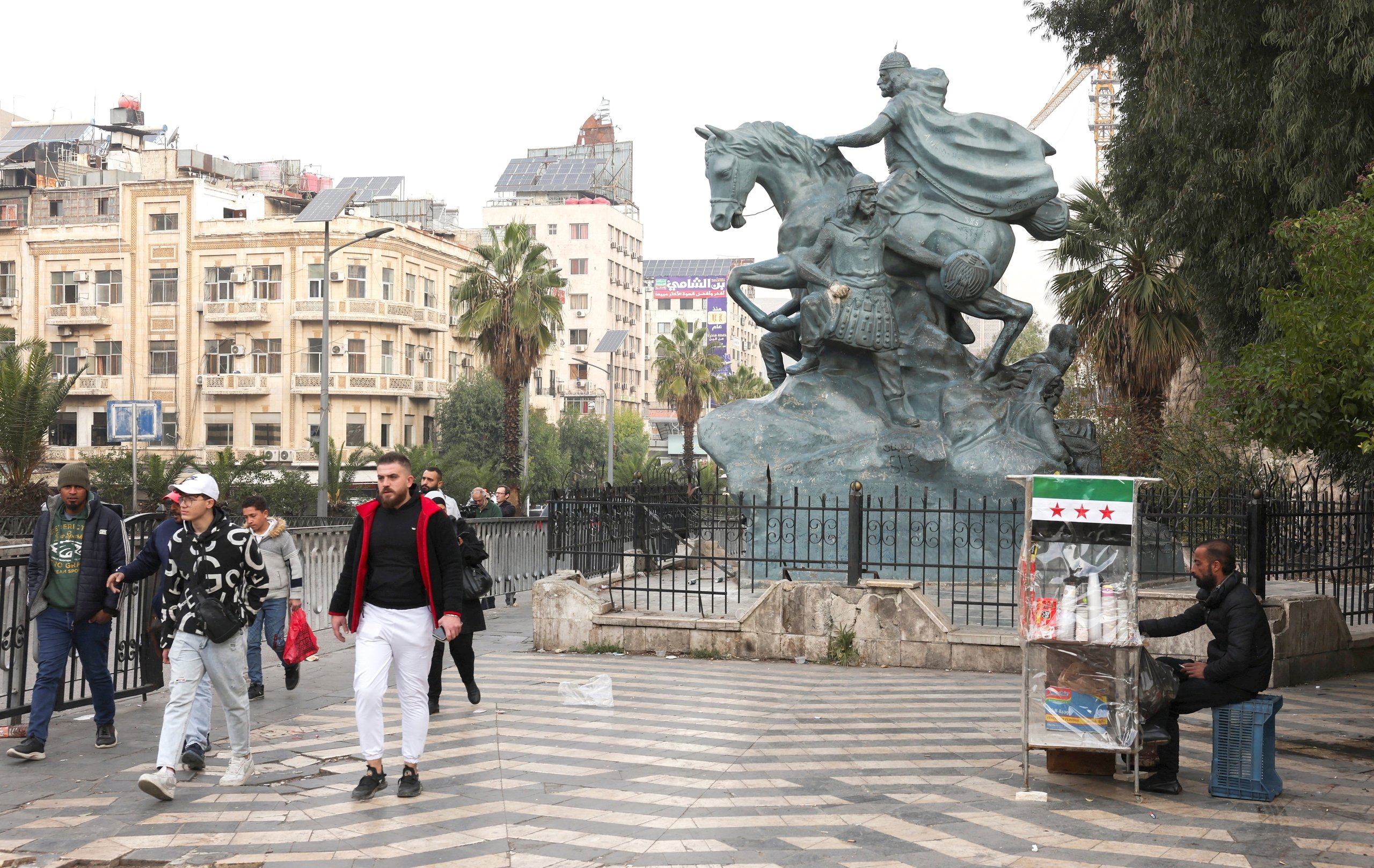
Syrian people in the capital Damascus on December 11
On the same day, new Prime Minister Mohammad al-Bashir, backed by HTS, declared that now was the time for people to "enjoy stability and peace", pledging to lead the transitional government until March 2025.
America fires a signal
The fall of the al-Assad regime is a new turning point, forcing the US to reassess its interests in Syria. Observers say the US has not had a clear policy regarding Syria for at least the last three presidents. Although the US has condemned the al-Assad regime, it has not prioritized forcing him out because of its suspicion of the main opposition groups. In Syria, the US maintains about 900 troops and supports Kurdish forces.
US President-elect Donald Trump recently called Syria a “mess” and said Washington should not get involved. However, observers do not rule out the possibility of him changing his stance because he has previously been willing to negotiate with US adversaries such as the Taliban and the Democratic People’s Republic of Korea, according to AFP.
Israel says it does not want conflict with new government despite airstrikes in Syria
US Secretary of State Antony Blinken has suggested that a future Syrian government could be recognised if it is credible, inclusive and secular, commits to respecting minority rights, allowing humanitarian aid and preventing terrorists from using its territory as a base. The UN has also said it would remove HTS from its terrorist list if it commits to building an inclusive government.
Reuters reported yesterday that Mr. Blinken will visit Ankara on December 13 to meet with Turkish Foreign Minister Hakan Fidan to discuss the situation in Syria. Clashes are said to be continuing between Turkish-backed groups and the Kurds, US partners in the fight against the self-proclaimed Islamic State (IS).
Iran accuses US and Israel of Syria
Meanwhile, on December 11, Iran's Supreme Leader Ali Khamenei gave his first speech about Syria since Bashar al-Assad was ousted from the presidency and flew to Russia.
"It is clear that what happened in Syria was a joint plan of the United States and the Zionist regime (meaning Israel). A neighboring government of Syria also played a clear role in this. Everyone sees this, but the mastermind and command center are in the United States and the Zionist regime," Khamenei was quoted by Iranian media as saying, adding that he had clear evidence.
Source: https://thanhnien.vn/syria-truoc-buoc-ngoat-lich-su-185241211221253047.htm


![[Photo] Looking back at the impressive moments of the Vietnamese rescue team in Myanmar](https://vstatic.vietnam.vn/vietnam/resource/IMAGE/2025/4/11/5623ca902a934e19b604c718265249d0)
![[Photo] "Beauties" participate in the parade rehearsal at Bien Hoa airport](https://vstatic.vietnam.vn/vietnam/resource/IMAGE/2025/4/11/155502af3384431e918de0e2e585d13a)

![[Photo] Summary of parade practice in preparation for the April 30th celebration](https://vstatic.vietnam.vn/vietnam/resource/IMAGE/2025/4/11/78cfee0f2cc045b387ff1a4362b5950f)


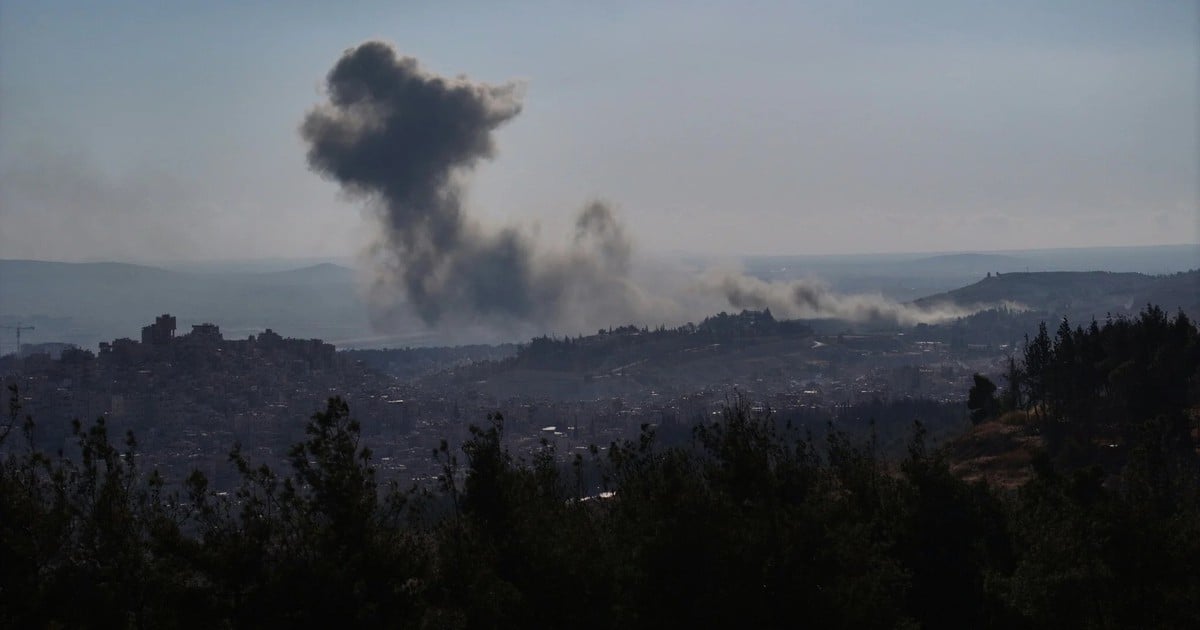
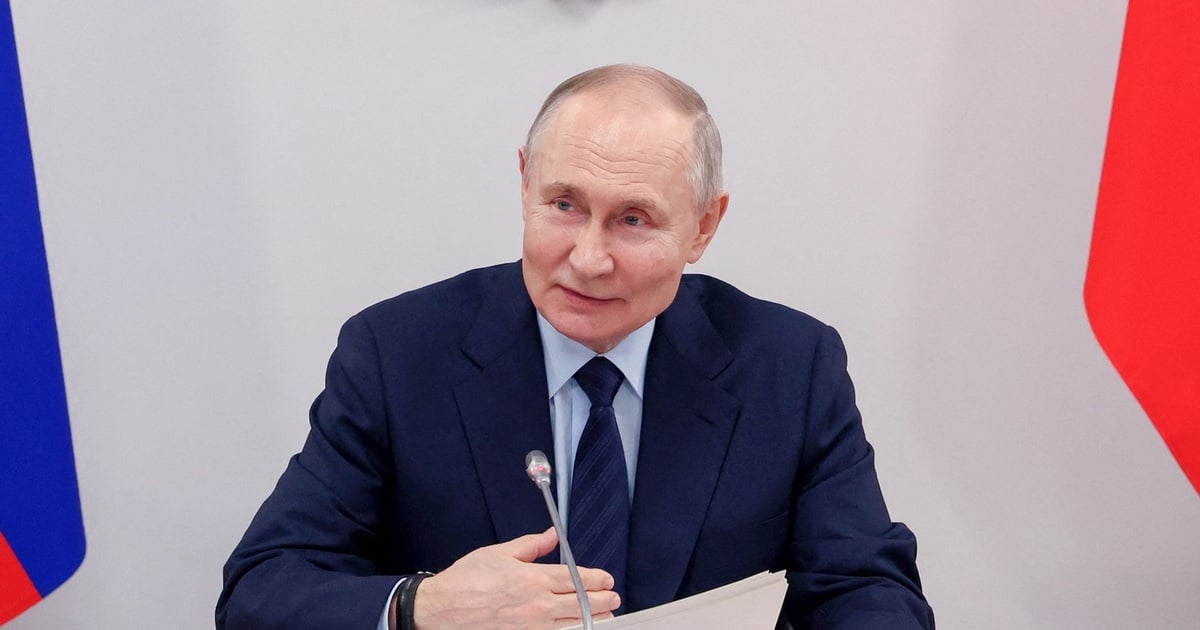
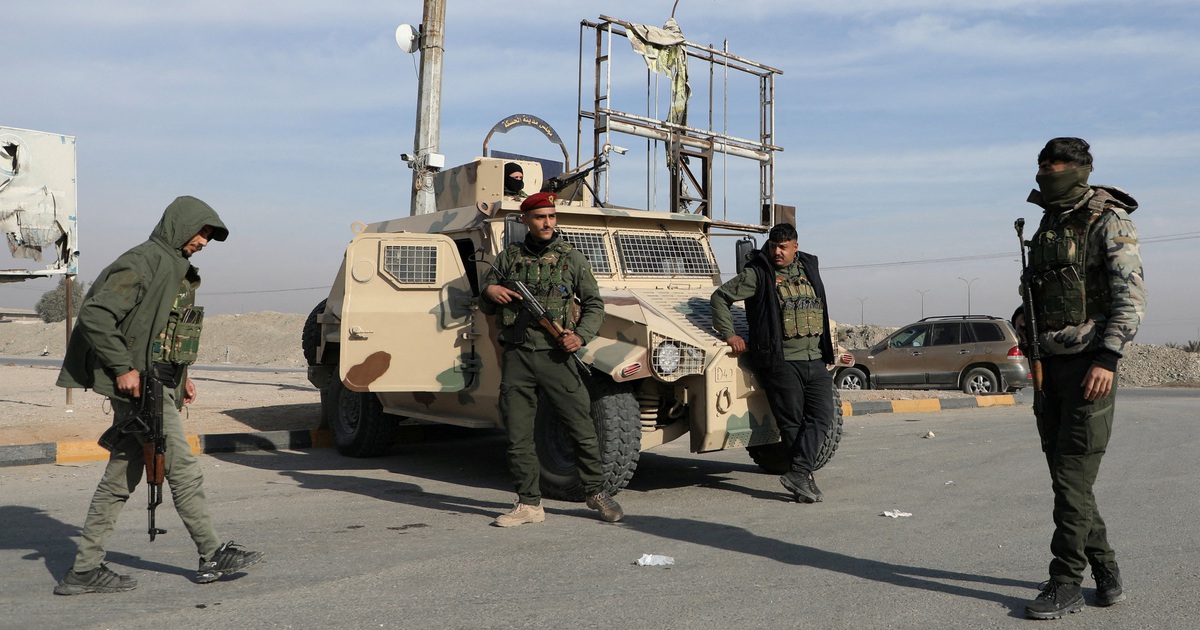
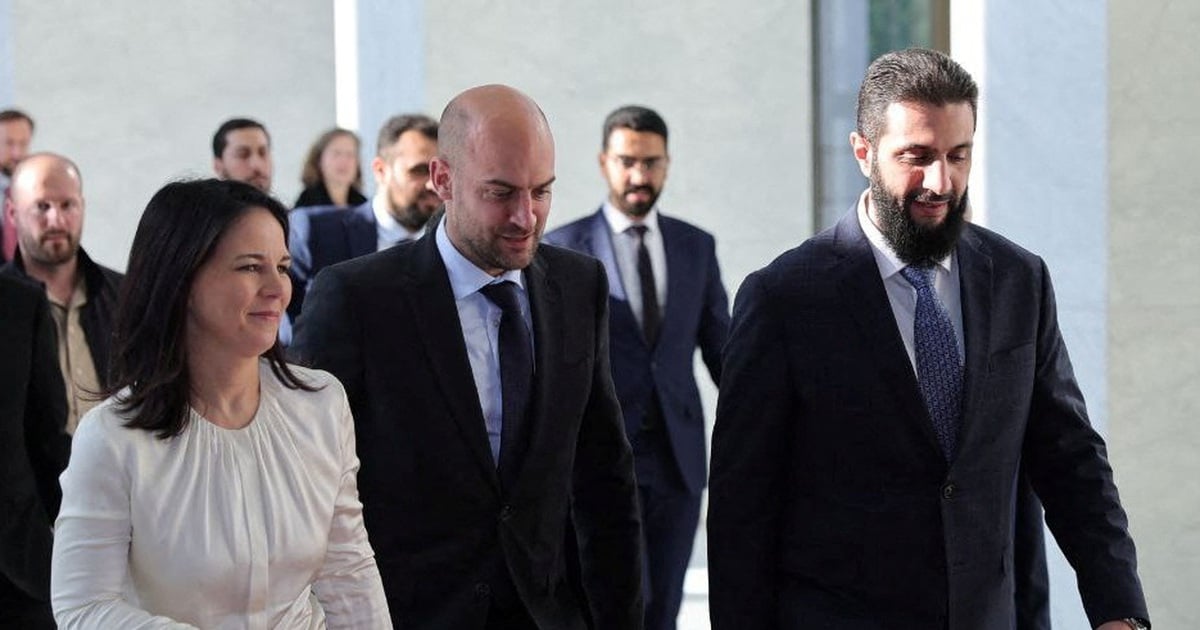
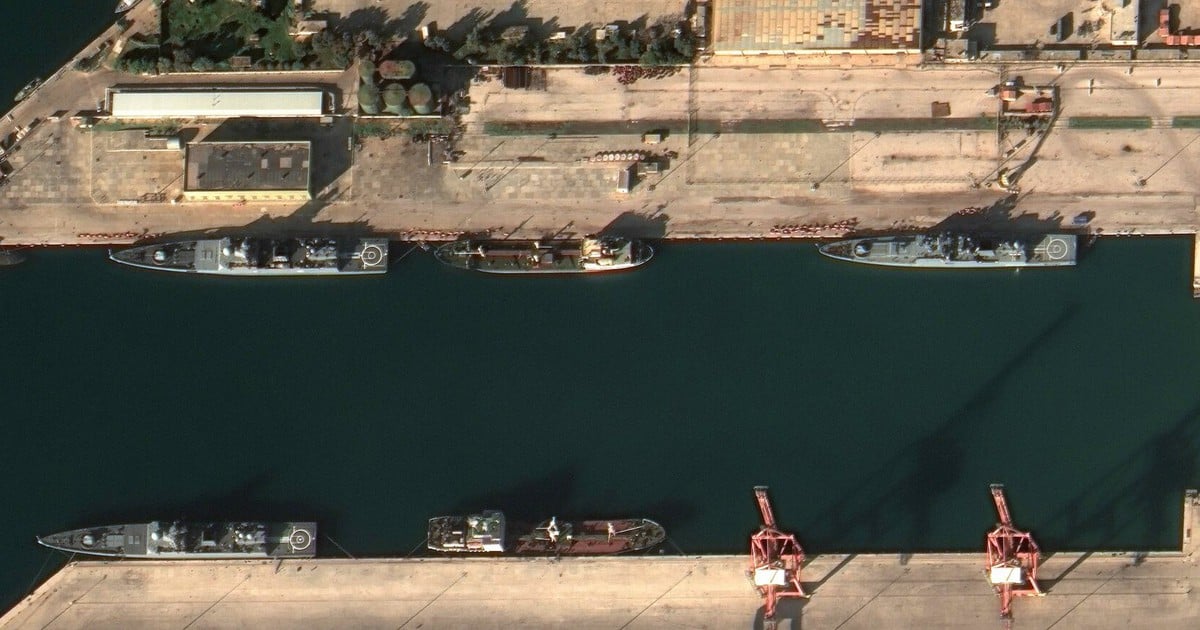
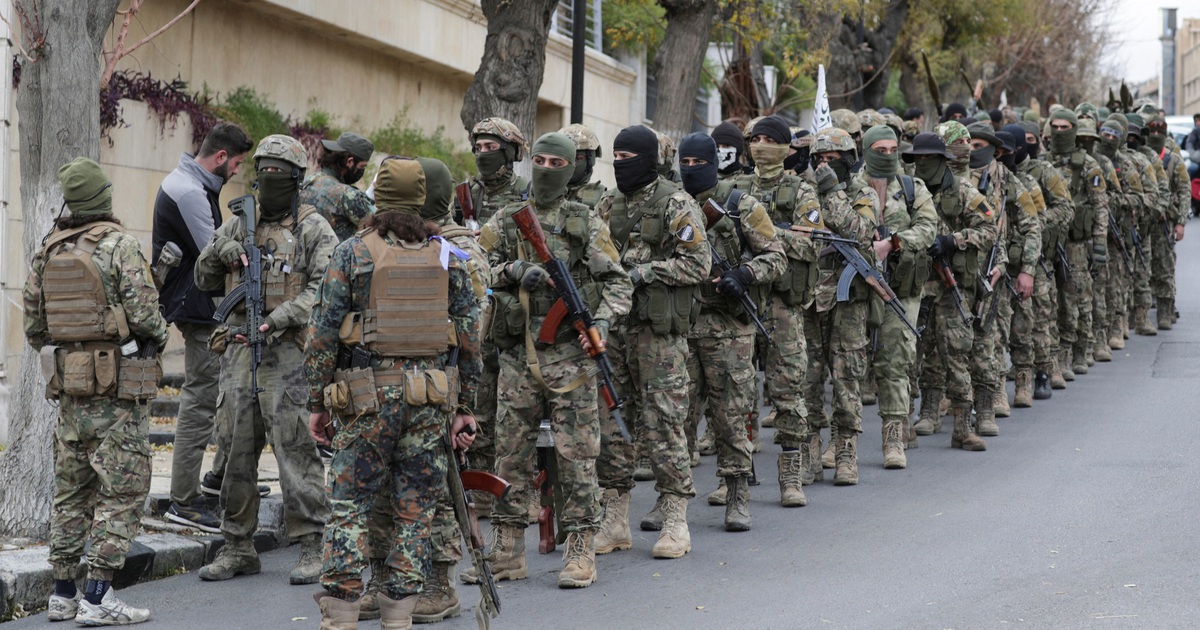





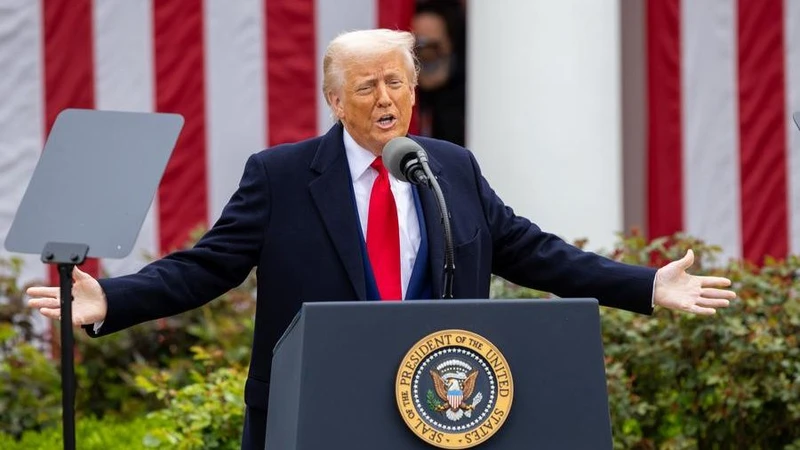









































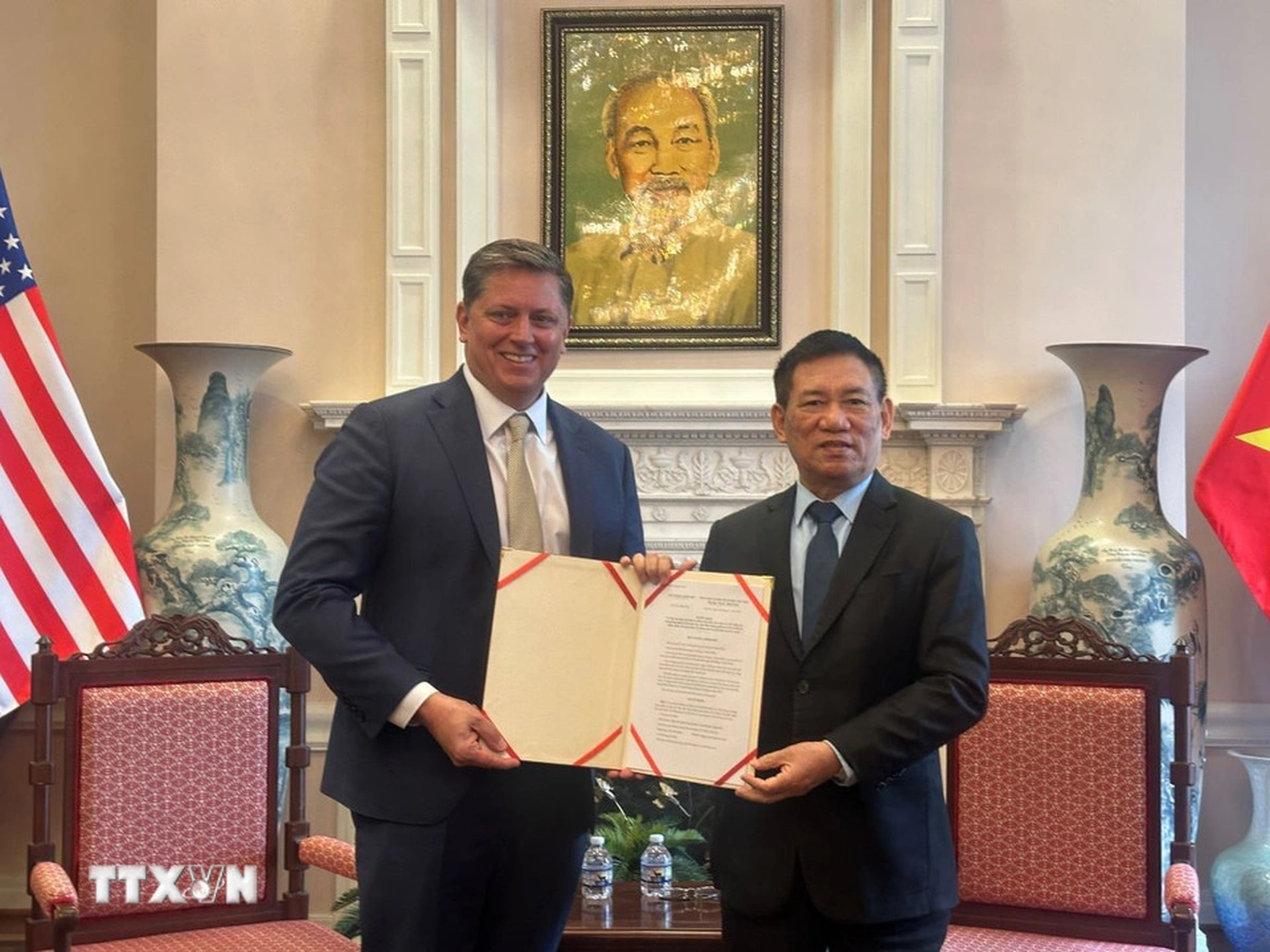
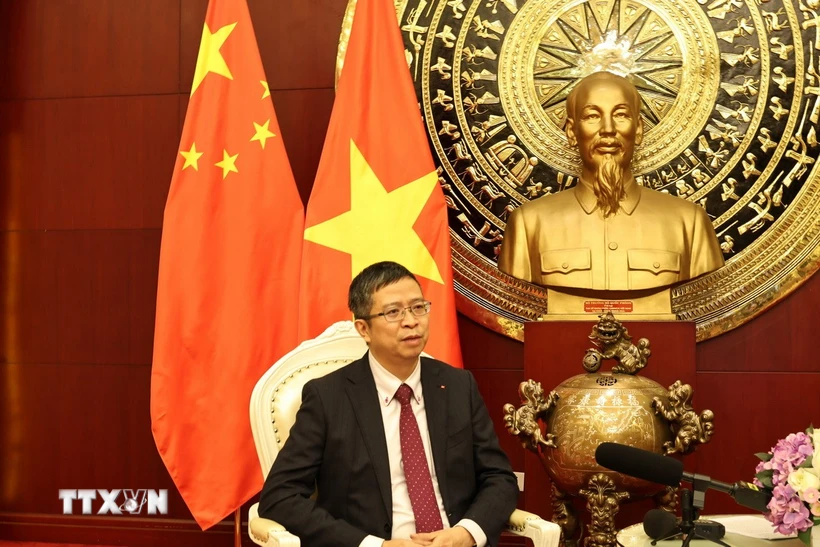
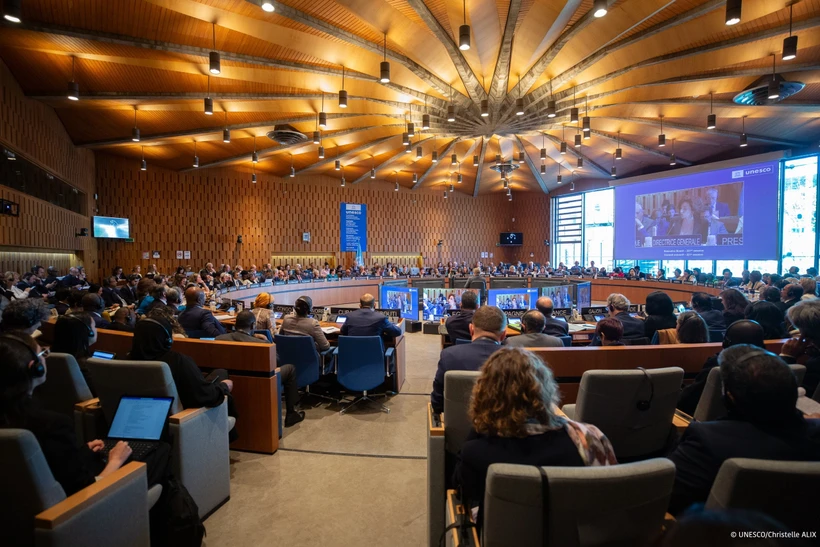
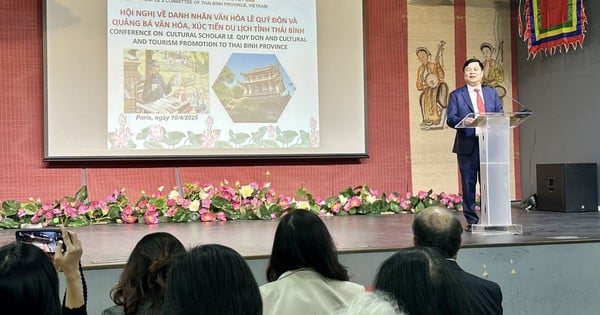







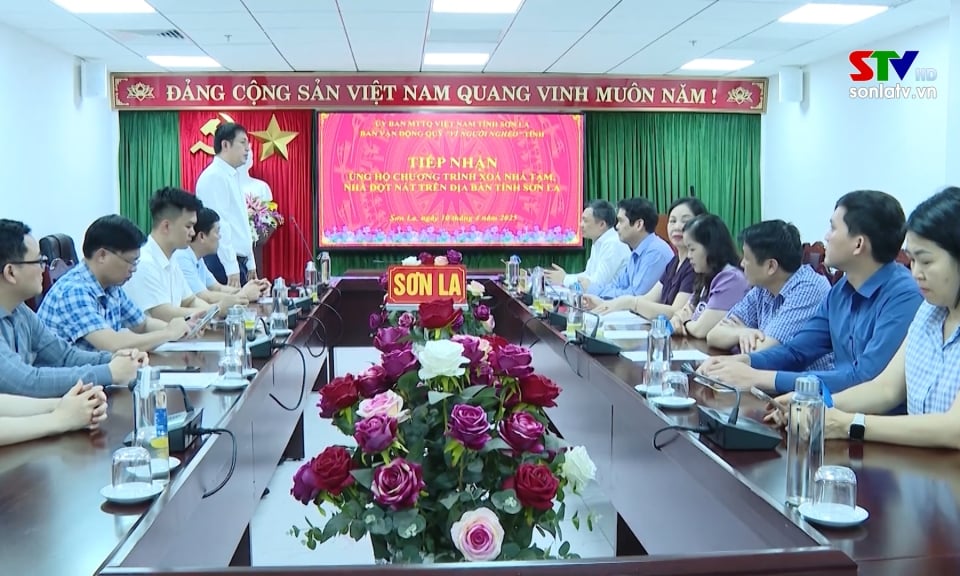






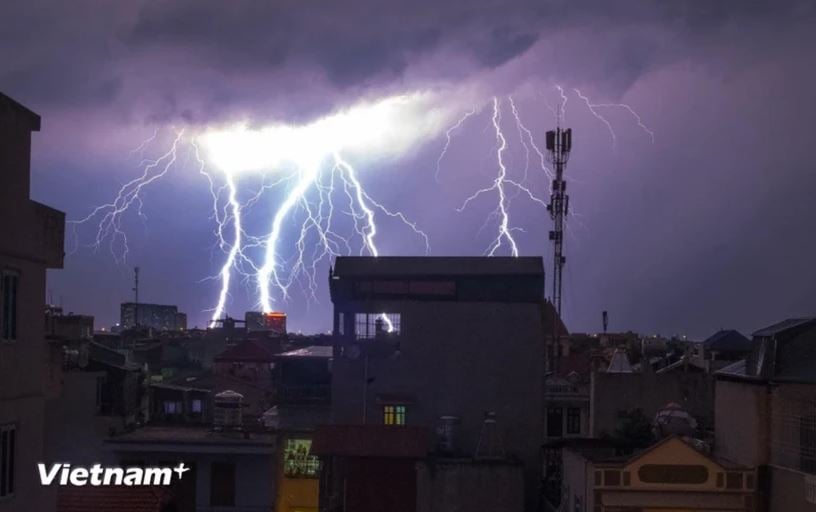










Comment (0)